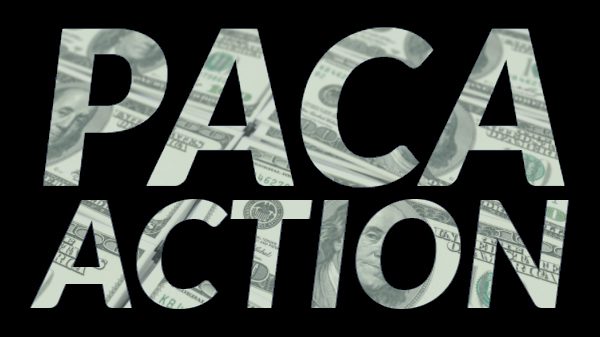Welcome to Blue Book!
Are you ready to join the thousands of companies who rely on Blue Book to drive smarter decisions? View our plans and get started today!
Still have questions? We’d love to show you what Blue Book can do for you. Drop us a line– we’ve been waiting for you.
“We thoroughly review the terms, conditions, and policies of each social media host platform (Facebook, Twitter, etc.),” agrees Kristen Stevens, chief operating officer of the Produce for Better Health Foundation in Wilmington, DE. “An organization needs to know what they can and can’t do, say, imply, or advertise on social media channels before creating an account and posting. If you follow the terms, conditions, and policies of each social media platform, the risk for potential litigation is very low.”
COPYRIGHT INFRINGEMENT
Another drawback most social media users don’t think about is copyright infringement. Copyrights in the digital age are growing more complex—especially what may or may not be protected. Copyrights may also depend on the specific terms and conditions outlined by each platform.
The law firm Smith, Gambrell & Russell, LLP specializes in the legal ramifications of social media within its Internet Law group. Its “Social Media Marketing: The 411 on Legal Risk and Liability” warns, “Because social media tools utilize multiple technologies and lend themselves particularly well to creative-marketing related activities, there is an acute concentration of legal issues involved”—and these include unintentional violations of intellectual property rights and copyright infringement.
When Produce for Better Health began setting up its social media program, the organization was careful to avoid any infringement issues. “We researched the name we wanted for our various social media accounts to ensure they weren’t currently being used by organizations or individuals, and were not so close in spelling that they could be construed as copyright or trademark infringement against another organization,” explains Stevens.
For the California Avocado Commission, it was a different story altogether, as the group’s “marketing program operates under the auspices of the California Department of Food and Agriculture as well as the USDA,” notes Zachary Benedict. This means there can be several layers of mandated caution, Benedict explains, “which involve communication guidelines and proper attribution when referencing brands or products.”
MISLEADING INFORMATION AND FALSE ADVERTISING
The next step is to avoid content that could be considered deceptive or false advertising, under the jurisdiction of the Federal Trade Commission (FTC), which has very specific rules about unjust, misleading, or injurious content. Making claims about a competitor or its products falls under this category, as certain types of remarks or language can be labeled defamatory.
Engaging in giveaways and online sweepstakes can also raise the ire of the FTC and violate state lottery laws (if contests have both ‘chance’ and ‘consideration’ as part of the equation), so sponsors must be aware of the possible pitfalls. Every aspect of the process must be clear and unambiguous or the sponsoring company could run into criticism, or worse, legal action.
“The most notable negative experience on social media,” shares the California Avocado Commission’s Benedict, “was during a contest on Facebook. There was a very small network of users who were displeased with the results and became very vocal about their disapproval.” When the Commission expressed its confidence in the panel’s decision and stood by the results, the negative chatter eventually dissipated. It was, however, a surprising turn for what should have been a fun, promotional experience for both the Commission and consumers.




